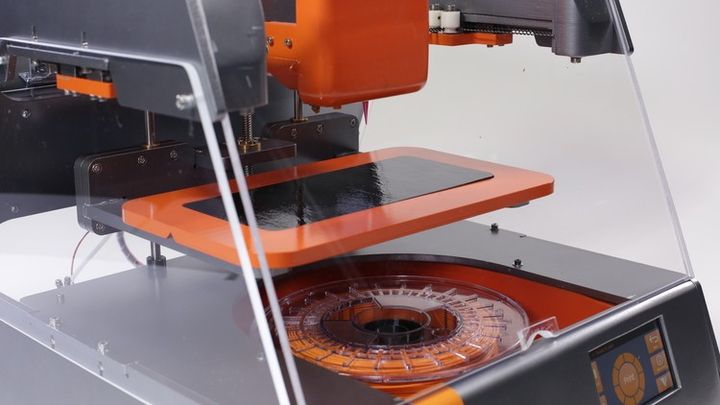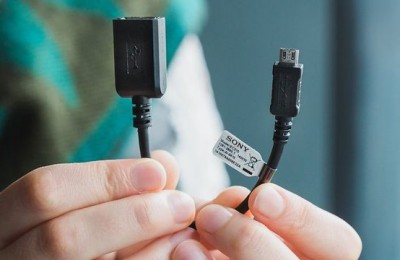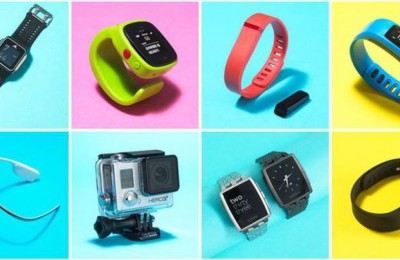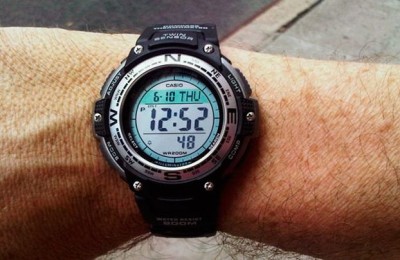3D-printer can output today in light of the object, which can be quite elaborate in form, but in general, these objects are still products exclusively made of plastic. Of course, if we are talking about some small products for the home or anything else outside of medicine and construction. But the situation may change with technology Voxel8, applied in printers and presented at the exhibition CES. It makes it much easier the process of mixing plastic materials, conductive ink and other electronic components, thus making possible the production of objects is very flexible in terms of setting their material properties. As a result, devices such as your own kvadrikopter can become a reality.
Special conductive inks and the right kind of printers already allow you to create simple parts with integrated electronics. The problem with current conductive ink, however, is that they are not that conductive and in actual practice. They are made using carbon particles that are mediocre conductors and the best they ultimately good for the limited capacity of simple parts of some items for which enough and low power consumption.
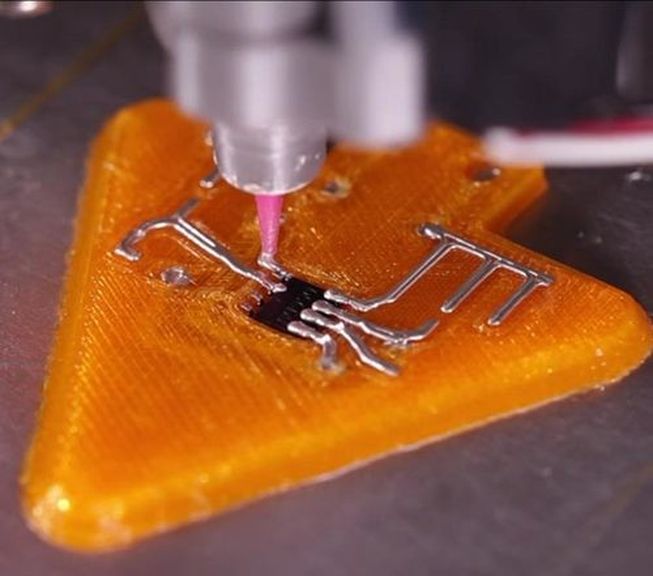
Voxel8 – a collection of specialists from the Harvard-based teacher Jennifer Lewis. A group of scientists design new employees inks that replace carbon very well conductive silver particles and are reported in as many as five thousand times more conductive, making it ideal for new material transfer higher capacities. So now, devices such as small electric motor, can get a new strength to his work.
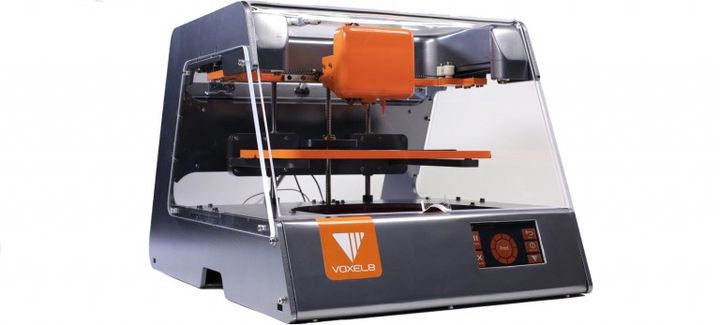
Ink developed by special technology, so they can be applied to a thickness of 250 microns spout. They all become dry after five minutes at room temperature and firmly bind ICs TQFP. The idea is that these new inks allow users to easily combine with chips and other electronic components within their new 3D-printed objects, allowing you to increase the degree of freedom of design that is simply not possible with conventional production methods.
Read another very interesting article about alternative energy of the Sun, water and air.

